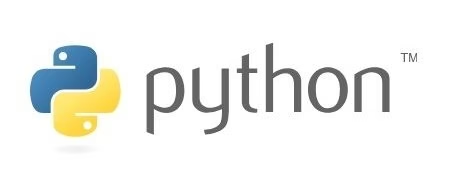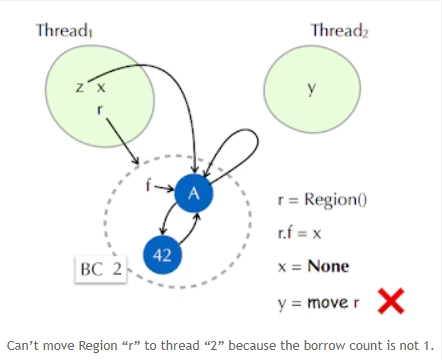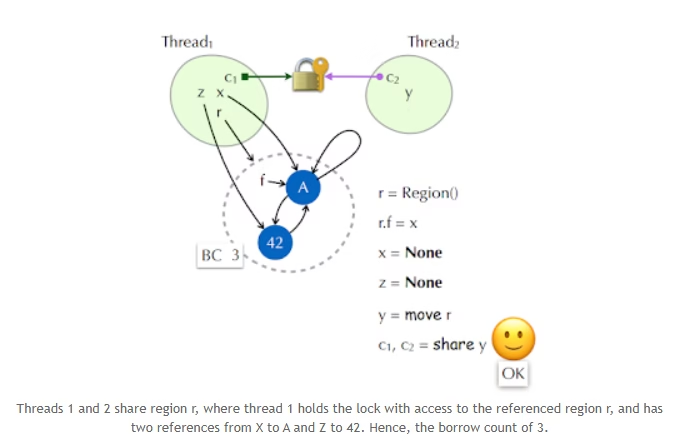The Python Language Summit is an annual summit where discussions on Python’s future are held by core developers, contributors, and key community members. This is not a public conference but a closed-door event where important technical directions and ideas are shared, debated, and sometimes decided.

About Breaking Changes in Newer Versions
One of the major topics at the summit was how breaking changes in Python can affect developers during version upgrades. Itamar Oren from Meta shared practical insights on making these changes less painful, focusing on better migration guides, smarter detection of affected code, and tools to automate fixes. The goal is not to stop breaking changes, but to make the upgrade journey smoother for everyone.
One of the biggest problems developers face during upgrades is when a module gets removed from Python and its documentation also disappears. Without proper docs, it becomes confusing to figure out what was removed and what to replace it with. On top of that, finding the exact lines of code that break is often harder than actually fixing them.
Itamar suggested creating a clear system or taxonomy for breaking changes based on how easy they are to find and fix. He also talked about tools that could help automatically fix backward incompatible code during upgrades. Ruff was one of the tools mentioned that could handle these fixes in a clean and fast way.
Mutability and the No GIL Future
Mark Shannon explained why Python needs to handle shared data more carefully as it moves toward removing the Global Interpreter Lock. He said thread safety depends on both the code and the environment, so you cannot say a program is thread safe just by looking at it. In some versions like Python 3.10 the GIL prevents issues and the program gives the expected output but in 3.9 or when running with free threading enabled the same code shows unpredictable results or random values.
Some Python objects like strings and tuples are meant to stay unchanged but C extensions still end up mutating them. This causes bugs when multiple threads accidentally change the same data. Mark suggested adding freeze methods to common structures like lists and dictionaries so developers can share them safely without worrying about unexpected changes.
He also shared a model called synchronization quadrants. It shows that only one case is dangerous — when data is both mutable and shared. That is the zone where data races and weird bugs happen. If Python is going to remove the GIL, it needs to make shared data safer and reduce mutability where possible.
Free Threaded Python
Matt Page shared that one of the biggest changes coming to Python is removing the GIL also called the Global Interpreter Lock. Python 3.13 now includes an experimental no GIL build and you can try it using the flag --disable-gil. This free threaded version lets multiple threads run Python code at the same time. It speeds things up a lot for multi threaded work like running web servers or handling heavy data tasks.
But removing the GIL also brings in new risks. Now that threads can run freely they can also mess with the same data at the same time leading to bugs like race conditions. Matt explained the technical challenges they faced including memory management performance issues and keeping old code working as expected. The no GIL build is already fast enough to use but still under testing. The team plans to improve it further in Python 3.14 and maybe make it the default once it is stable.
Rust Based Ideas for Safer Concurrency in Python
This part of the summit looked at how Python can make multithreading safe without the GIL. The team showed how ideas from Rust could help here. They talked about borrowing and moving data. A thread can either borrow data for a short time or move full control to another thread. Not both. This avoids two threads messing with the same thing. They also introduced regions. It is a way to track who owns what. If a thread borrows too many times or shares data the wrong way the system blocks it.


Image Source – Pyfound
Python on Mobile
Russell Keith Magee shared that Python on mobile is no longer just an idea it actually works now. With Python 3.13 both iOS and Android have reached Tier 3 support which means the builds are stable and running in CI. They are now aiming for Tier 2 so that any mobile related bugs will be taken seriously and fixed quickly. The Beeware team has also added support for other Apple platforms like tvOS and visionOS. pip and PyPI now support mobile wheels and tools like Meson are getting ready too. The goal is to make Python run smoothly on phones just like it does on desktops.
AI Tools Are Helping Python Devs Too
Gregory Smith shared how AI tools are starting to play a role even in open source Python development. Around half the room had used AI autocomplete and some had tried agent based tools to work on open source projects. CPython is a huge and old codebase and parts of it like the Unicode module are hard for anyone to fully understand. Tools like CodeVis let you ask questions about the code and help figure out where to make changes. Carol Willing said it was useful for exploring unfamiliar parts of the codebase. Greg said he is working with the Python Software Foundation to help make these AI tools available for core developers who want to try them.
Reference – Python Language Summit 2025 Official Blog
Also Read : The Freelance Scam I Faced. You Should Know This!



